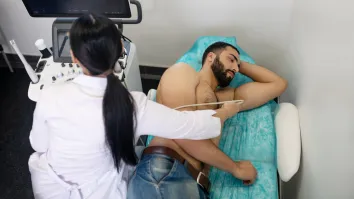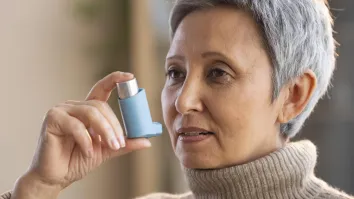
India urged to ramp up healthcare spending
The country ranked at 170 out of 188 countries in health expenditure.
The pandemic has shown the need for India to hike its healthcare spending, which stood at 3.8% of GDP, according to GlobalData.
This is nearly just half of the APAC average healthcare spending of 6.64%, even though the country stands at the top in out-of-pocket expenditure with 62.4%.
India ranked 170 out of 188 countries in domestic general government health expenditure as a percentage of GDP, according to the Global Health Expenditure database 2016 of the World Health Organization (WHO).
The report noted that India’s extended countrywide lockdown until 17 May reflected the country’s dependency on the lockdown to contain the pandemic, with low sample testing and an under-funded and “patchy” public health system posing challenges to the country's disease containment strategy.
Despite extending its testing facilities, the country still stands at the bottom compared to the rest of the world with respect to testing done, with a testing ratio of 760 subjects per million. India has tested 1,107,233 samples as of 04 May with the first case reported on 30 January.
“The country needs a robust healthcare system and infrastructure to combat outbreaks like this, which can only be done by strengthening the ability of healthcare systems to provide comprehensive care through increase in the health expenditure by government,” said Bhavani Nelavelly, pharma analyst at GlobalData.
However, whilst India has 42,505 confirmed cases, the fatality rate in the country was 3.27% compared to 7.06% worldwide, 5.59% in China, and 5.84 % in the US.
GlobalData forecasts 10,177,238 confirmed COVID-19 cases in India in a high transmission risk scenario versus 132,388 in a low transmission risk scenario by 14 May.
Further, whilst the lockdown helped the government to prepare for adequate measures, the extension of lockdown is said to cause $234.4b of economic loss.



















 Advertise
Advertise






